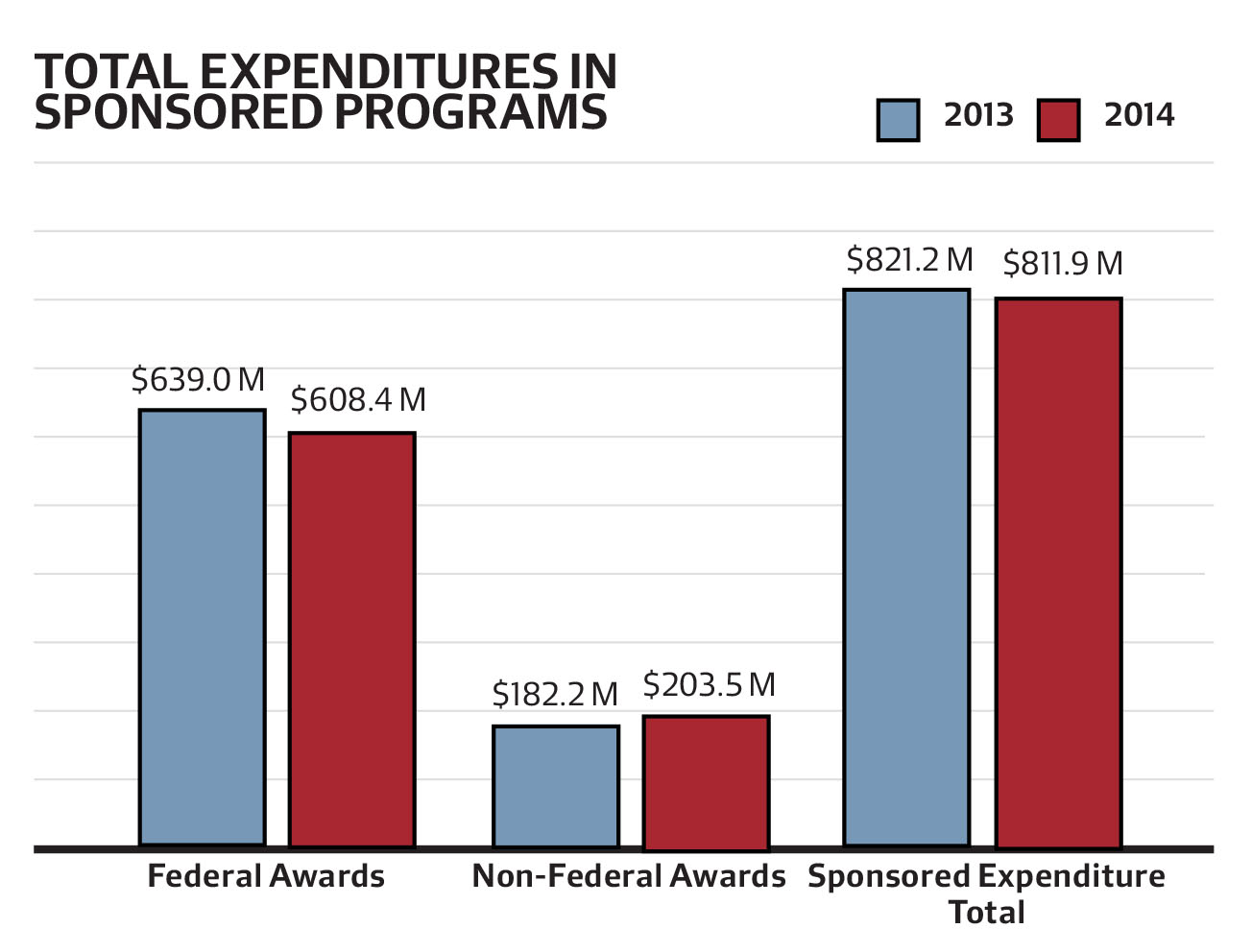The Harvard research funding crisis has exposed significant vulnerabilities within one of the world’s most prestigious academic institutions. Following a shocking freeze on approximately $2.2 billion in federal research support, many researchers, including Don Ingber of the Wyss Institute, have been forced to halt critical projects that drive American innovation. Ingber’s groundbreaking work in organ-on-a-chip technology, which is vital for advancing health research and space exploration, stands at the brink of collapse due to this funding crisis. In a rapid response, the university is currently engaged in a legal battle to restore these essential resources, highlighting the challenges faced by academic institutions during politically charged times. As this situation unfolds, the implications for research, talent retention, and future scientific advancements at Harvard are profound and potentially damaging.
The current funding freeze affecting Harvard’s research programs has raised alarms about the stability of scientific inquiry in the United States. With over $2.2 billion of federal financial support for various projects abruptly halted, researchers are scrambling to adapt to the uncertain landscape. Notably, entities like the Wyss Institute, under the direction of renowned professor Don Ingber, are vying to preserve innovative endeavors that explore vital topics like organ-on-a-chip technology and its applications in medical and aerospace research. This funding crisis has broader ramifications, as it has instigated a wave of concern not only among current scholars but also for those aspiring to join this elite field of study. In this constantly evolving environment, maintaining support for groundbreaking research is critical for sustaining America’s leadership in global innovation.
The Harvard Research Funding Crisis: Consequences for Innovation
The recent actions leading to the Harvard research funding crisis have sent shockwaves through the academic and scientific communities. With the federal government freezing approximately $2.2 billion earmarked for research, key projects, particularly those at the Wyss Institute, are at risk. Don Ingber, the founding director, highlighted the detrimental impact on ongoing organ-on-a-chip technology developments, which are crucial not only for academic progress but also for advancing American innovation. As the freeze halts work on significant health-related research, it raises concerns about the future of scientific inquiry in the U.S., which has traditionally thrived on robust support from both governmental and academic institutions.
This unprecedented funding freeze may lead to a cascading effect, jeopardizing the careers of talented researchers and stalling potentially life-saving advancements. The research memos from Ingber’s team illustrate a landscape of uncertainty as faculty, students, and research fellows scramble to find solutions. The potential loss of continuity in research could reverse years of innovation and undermine the collaboration essential for scientific breakthroughs. Increasingly, this crisis reflects broader tensions between federal policies and the academic sector, highlighting the fragile state of research funding in America.
Frequently Asked Questions
What is the Harvard research funding crisis and how does it relate to projects at the Wyss Institute?
The Harvard research funding crisis stems from a government funding freeze, specifically targeting approximately $2.2 billion in research funding due to Harvard’s refusal to comply with certain demands from the Trump administration. This has directly impacted significant projects at the Wyss Institute, including those led by Don Ingber, involving organ-on-a-chip technology which are crucial for studies related to public health and space exploration.
How is the funding freeze affecting organ-on-a-chip technology research at Harvard?
The funding freeze has halted ongoing organ-on-a-chip technology projects at Harvard’s Wyss Institute, including critical studies that model radiation damage to human tissues and effects on astronauts during spaceflight. This research is fundamental for understanding how to mitigate health risks related to space travel and nuclear safety.
What are the implications of the funding crisis for American innovation?
The Harvard research funding crisis threatens the backbone of American innovation, as it disrupts the collaboration between government and academia that has historically driven technological advancements. The funding freeze jeopardizes projects that contribute to essential scientific discoveries and innovations vital for sectors such as health and space exploration.
What steps is Don Ingber taking in response to the research funding freeze?
In light of the research funding freeze, Don Ingber is prioritizing the well-being of his team at the Wyss Institute by exploring alternative funding sources and shifting researchers to other grants to maintain their employment. He is also actively involved in management discussions, seeking to protect important projects and advocating for the value of academic research in sustaining American innovation.
How has the funding crisis impacted the talent pool at Harvard’s Wyss Institute?
The Harvard research funding crisis has created uncertainty among researchers at the Wyss Institute, leading some to consider leaving for more stable opportunities elsewhere. This has raised concerns about losing talented individuals who are critical for driving innovation in American research, particularly in fields reliant on advanced technologies like organ-on-a-chip.
What legal actions has Harvard taken in response to the research funding freeze?
In response to the funding crisis, Harvard filed a lawsuit against the Trump administration, arguing that the demands placed on the university constitute an illegal overreach. The lawsuit seeks to restore the frozen research funding, which is vital for maintaining the university’s projects and overall research activities.
What role does organ-on-a-chip technology play in advancing healthcare and space exploration?
Organ-on-a-chip technology developed at Harvard’s Wyss Institute plays a crucial role in simulating human organ functions and responses to various conditions. This innovative technology is essential for researching radiation effects on human health, which is particularly relevant for future space missions, and for developing treatments that can improve patient outcomes in healthcare.
Why is there growing fear among researchers regarding career opportunities in the U.S. amid the funding crisis?
The uncertainty surrounding the Harvard research funding crisis has led to fears among researchers about job stability and career opportunities in the U.S. Academic research is seen as increasingly volatile, causing some talented scientists to reconsider their commitment to positions at institutions like Harvard and seek opportunities abroad.
What message is Don Ingber communicating about the future of American research and innovation?
Don Ingber emphasizes that the ongoing funding crisis and the strain on federal support for research threaten the very foundation of American innovation. His advocacy underscores the need for strong government-academic partnerships to sustain the progress that has driven economic growth and technological advancements for decades.
| Key Point | Details |
|---|---|
| Harvard’s Funding Freeze | The Trump administration froze approximately $2.2 billion in research funding to Harvard in response to the university’s refusal to comply with certain demands. |
| Impact on Research Projects | Two key projects at the Wyss Institute were affected, with over $19 million in contracts halted. One project involves organ-on-a-chip technology for studying radiation damage, and the other focuses on microgravity impacts on astronauts. |
| Concerns for Researchers | Researchers are facing uncertainty, job security issues, and potential layoffs as they scramble to find alternative funding and projects. |
| Impact on Talent Recruitment | Scientists considering moves to Boston are hesitant, fearing instability and safety, as evident by a postdoctoral scientist rejecting an offer due to concerns about being a foreigner in the U.S. |
| Importance of Research Funding | Ingber emphasizes that academic research supports America’s innovation economy and underpins technology development, which is threatened by the funding crisis. |
Summary
The Harvard research funding crisis marks a significant turning point in the relationship between government and academic institutions. The recent funding freeze imposed by the Trump administration has resulted in major disruptions for Harvard researchers, halting crucial projects that push the boundaries of innovation. With nearly $2.2 billion in funding frozen, talented researchers and essential projects face uncertainty that could not only affect their immediate work but also the wider landscape of American scientific advancement. As researchers scramble to mitigate the impact of these decisions, it becomes clear that the challenges at Harvard serve as a critical reflection on the future of research in the United States.




